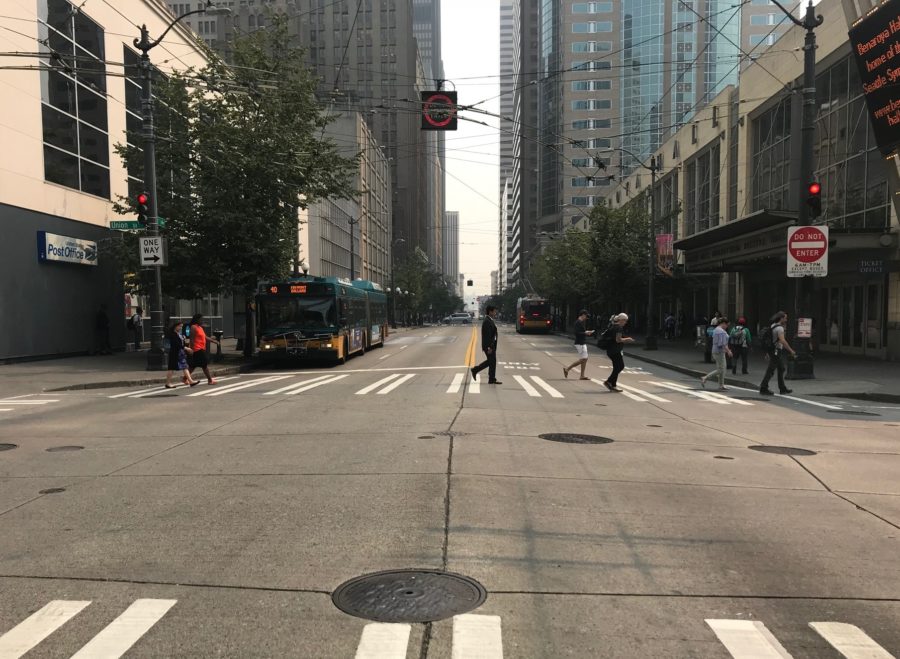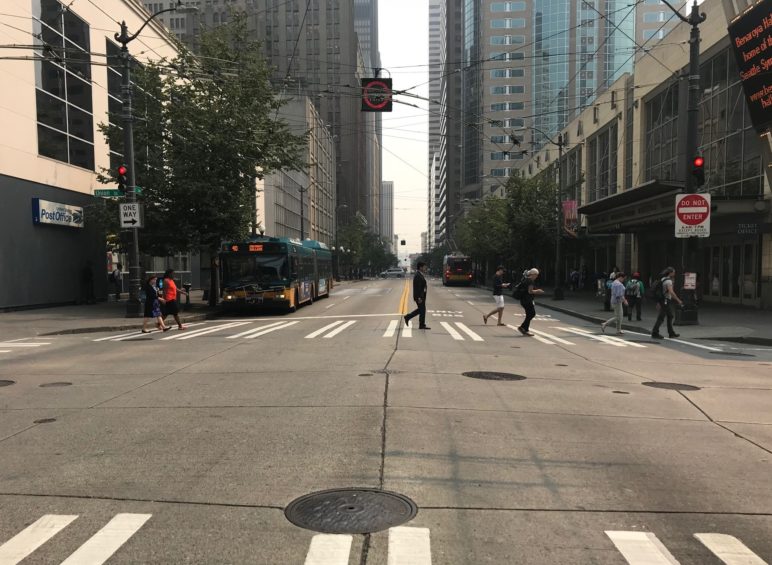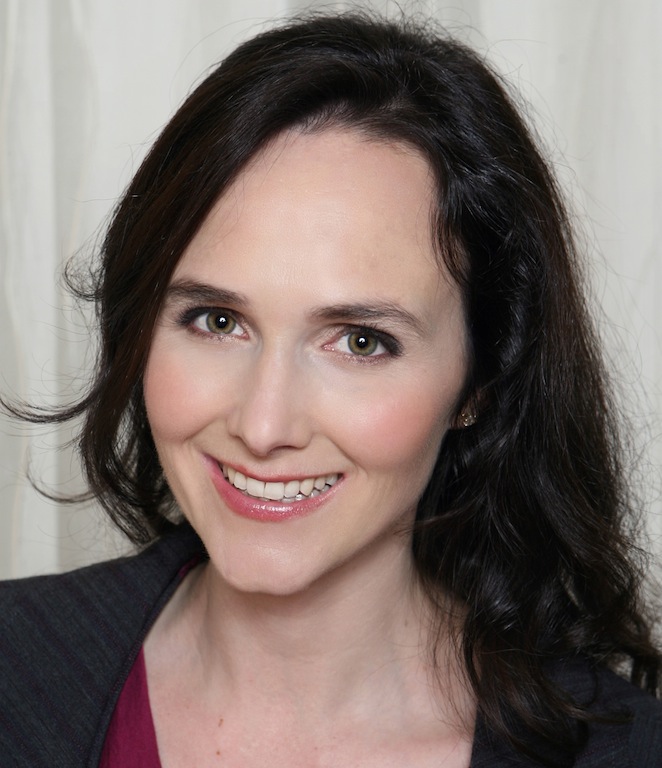We have seen this act before. Every time a state tries to make polluters pay and looks like it could succeed, Big Oil erupts a volcano of cash to protect its huge profits and keep people chained to its dirty products.
Washington residents spend nearly $7 billion per year on Big Oil, with most of that money leaving the state. In turn, the gasoline and diesel Washington drivers burn in cars and trucks creates the biggest source of climate pollution in the state. I-1631 would make Big Oil pay for its pollution and create clean alternatives with fewer emissions. Unsurprisingly, Big Oil is pouring tens of millions of dollars into stopping I-1631. If defeating the initiative is worth that much to Big Oil, then passing it must be worth even more.
Big Oil has $26 million and counting to oppose I-1631
Big Oil has raised an eye-popping, record-breaking $25.87 million in its crusade to defeat I-1631. (“Big Oil” in this case is a coalition of companies under the umbrella of Western States Petroleum Alliance or the WSPA, the main industry group and messenger for the oil industry.) The climate action bill would charge polluters and invest the money in Washington, building a clean energy economy and breaking the chains that keep people in Washington dependent on dirty fuels. Big Oil does not like that vision. It doesn’t want clean transportation options to take hold in Washington, and certainly does not want clean solutions spreading to other states.
Big contributors include:
- BP America ($9.76 million)
- Phillips 66 ($7.2 million)
- Andeavor/Tesoro ($4.36 million)
- Valero Energy ($1 million)
- US Oil & Refining ($550,000)
- Koch Industries ($550,000)
- Chevron USA ($500,000)
The average contribution to the WSPA coalition is $280,730 and just 42 entities have fully funded the “no” message. Two large oil companies who aren’t even based in Washington State have contributed—Texas-based HollyFrontier Companies kicked in $250,000, and New Jersey-based PBF Energy gave $400,000. The opposition campaign has broken the all-time record for fundraising either for or against a ballot initiative in Washington. The previous record was $22.45 million by opposition to the proposed GMO initiative in 2013.
In comparison, nearly 2,000 people and businesses have contributed to support I-1631. The average contribution is only $4,102. Those truly are David and Goliath numbers. Unlike the contributions coming almost entirely from Big Oil, the “yes I-1631” coalition is comprised of a wide range of businesses and public interest groups that represent environment and climate, public health, communities of color, and Native Tribes.
Big Oil is paying for supposedly ‘independent studies’
WSPA’s campaign has thrown money into mailers, TV ads, and alarmist studies. They recently spent $163,820 on a “study” into the economic effects of I-1631 by NERA Economic Consultants. The American Coalition for Clean Coal hired NERA to analyze the Clean Power Plan and they delivered a report that consistently inflated the costs of regulations compared to other studies. This report on I-1631 is no different. NERA used cost projections from an organization that explicitly discounts their predictive value; projections that are widely considered unreliable and regularly underestimate renewable energy development.
Big Oil opposes climate action all down the West Coast
When California passed its climate action bill in 2006, WSPA and its Big Oil coalition opposed it too. Big Oil took it to the ballot in 2010, spending more than $10 million and ultimately losing—California continued to make polluters pay. WSPA was back at it in 2014, opposing climate action in California, Oregon, and Washington. This time, Big Oil tried to hide behind groups engineered by public relations. A leaked WSPA presentation showed how it developed a façade of astroturf organizations designed to look like grassroots citizen groups—such as “Washington Consumers for Sound Fuel Policy”—to lead the anti-climate messaging and try to hide the role of Big Oil.
Follow the money
When deciding whether to vote in favor or against I-1631, voters should be aware of who the real messengers are in support and opposition. Big Oil is behind the “No” messaging campaign. A variety of businesses, public interest groups, and Native tribes support the “Yes” message. Voters can decide which messengers they trust more.










